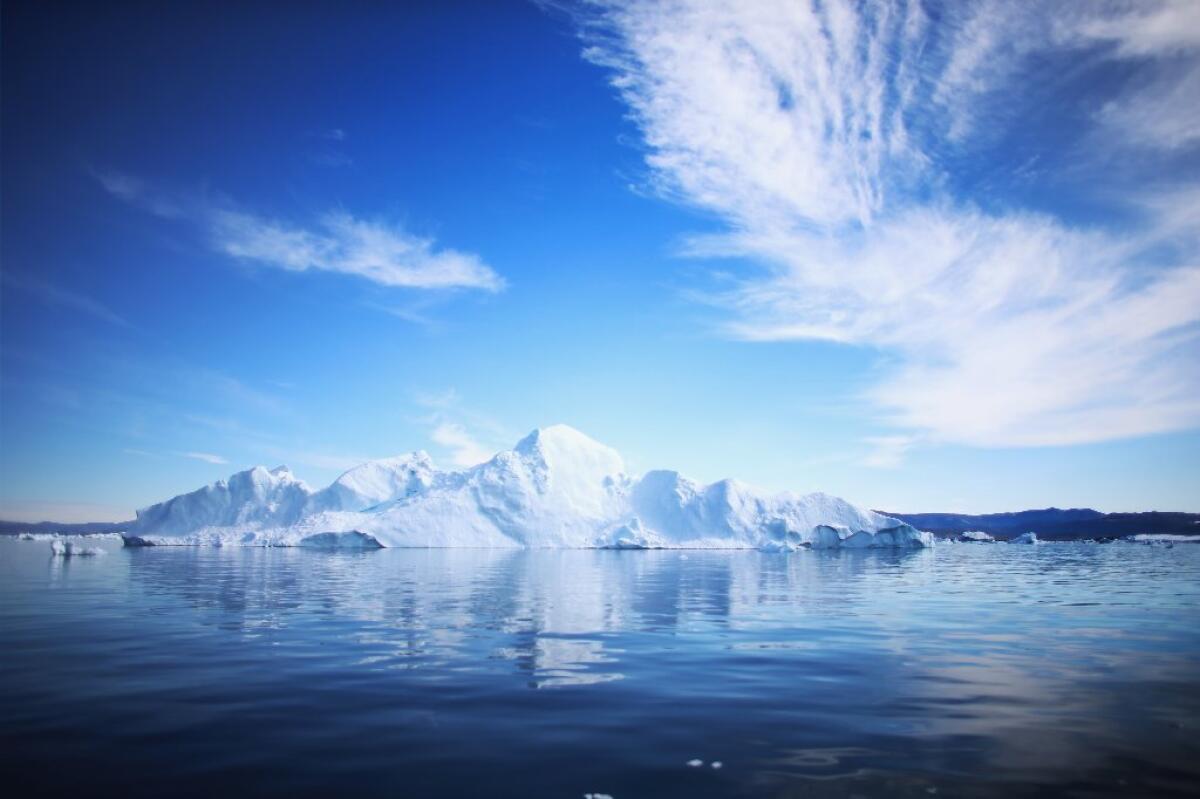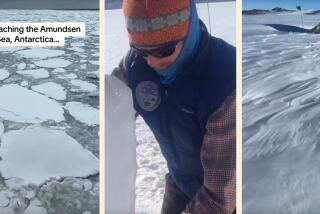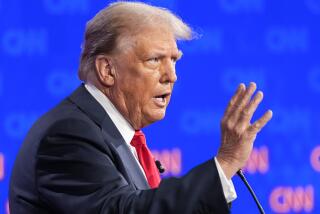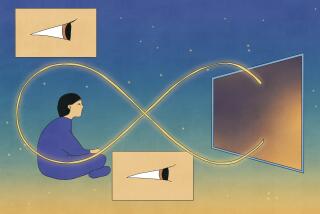Opinion: BBC told that science fringies belong in the audience, not on the air

The BBC is getting some grief, and some plaudits, for pledging to do what it’s supposed to do: evaluate the quality of what it puts on the air before it airs it.
A deeply researched report from its governing body, the BBC Trust, says the BBC programmers should stop falling into the faux-equal-time trap, bringing in fringe figures to discuss substantive matters of science, such as climate change.
The guidelines address what the report characterized as “over-rigid applications of editorial guidelines on impartiality” that have meant that BBC viewers and listeners have seen “undue attention to marginal opinion” in coverage.
In other words, don’t keep putting the wingnuts in the virtual Rolodex, or on the air.
Good advice for this side of the pond too.
The document points out that “impartiality in science coverage does not simply lie in reflecting a wide range of views, which may result in ‘false balance.’ More crucially, it depends on the varying degree of prominence such views should be given. In this respect, editorial decisions should be guided by where the scientific consensus might be found on any given topic, if it can in fact be determined.”
Including contrary views doesn’t mean just any contrarian; it means informed, rational interviewees with plausible, evidence-based points of opposition. Standards for people quoted in science stories should try to be as rigorous as peer-reviewed science -- or at least a college debate team.
This should put paid -- but it won’t, unfortunately -- to Jenny McCarthy’s anti-vaxxers, to the birthers who won’t let facts keep them out of the limelight, to climate-change deniers whose knowledge about climate seems to amount to little more than looking at the barometer on the front porch.
Actual journalism isn’t some formulaic he-said, she-said, a 50-50 volley in a tennis match. It’s about judgment and experience, about many sets of eyes and brains -- writers and editors -- exercising professional judgment. It’s why newspapers and some TV networks try to have science writers and legal writers and others on staff with expertise about the subjects they cover. It’s why the BBC arranged seminars for its journalists to learn more about science, to do a better job telling science’s stories to a public that depends so much on science’s work.
Judgment is required not least because there are many interests out to game the system, to gin up their own “facts” to try to undermine solid science. Their attack angle comes down to “this will cost me money, therefore I have to attack it.”
Just one example: A UC Davis study explored how the tobacco industry evidently played fast and loose with science itself to try to undermine solid, well-known research about the dangers of tobacco.
The fringies may no longer have any space on the BBC, but the online world is infinite and there’s always room for the most aggressively idiotic.
And as the evidence mounts for humans’ role in climate change, some deniers are savvily rebranding themselves, acknowledging the reality of climate change but arguing that hey, it won’t be that bad!
And one day Vermonters will love being the pineapple-growing capital of the world.
Follow Patt Morrison on Twitter @pattmlatimes
More to Read
A cure for the common opinion
Get thought-provoking perspectives with our weekly newsletter.
You may occasionally receive promotional content from the Los Angeles Times.











